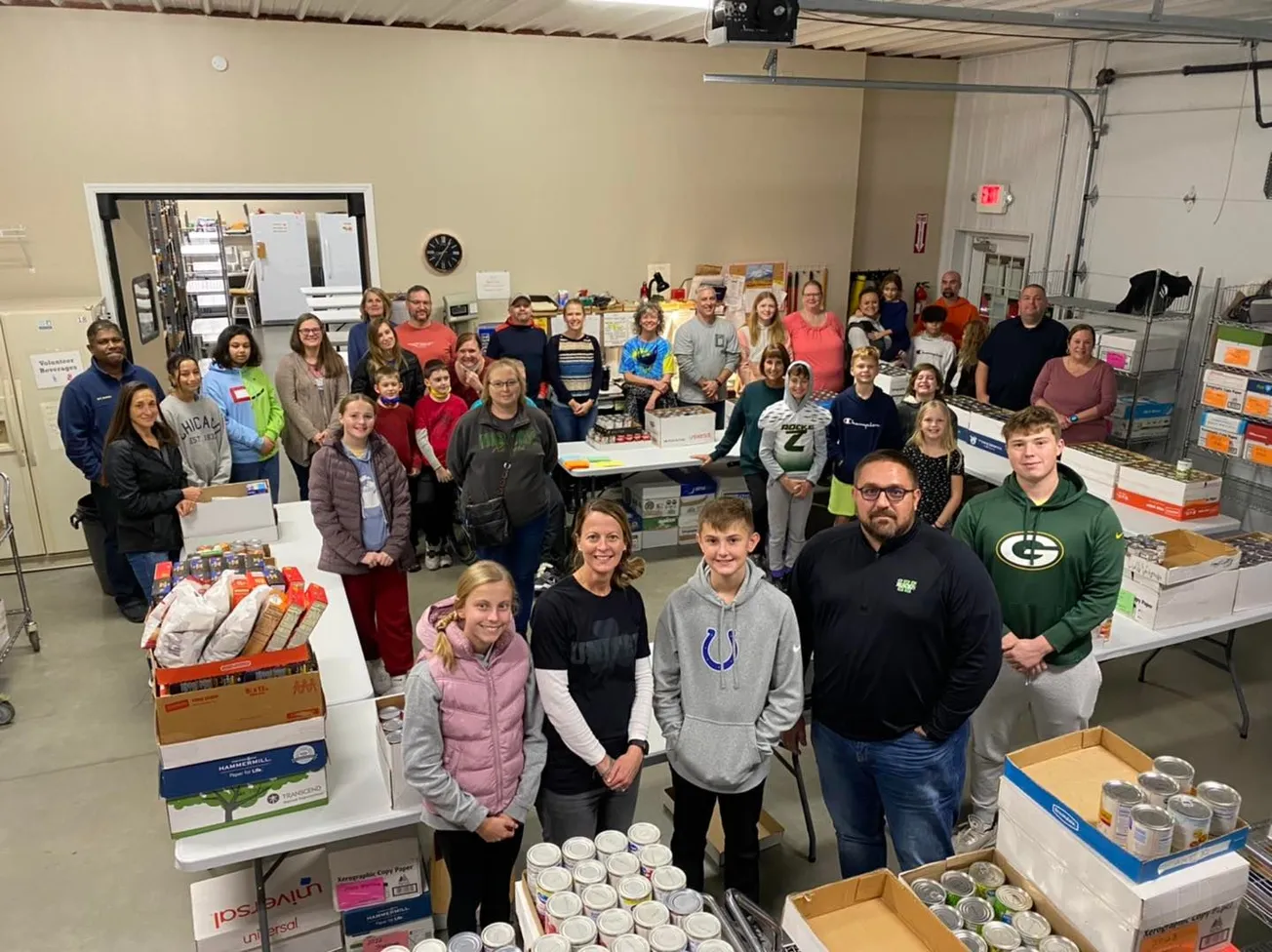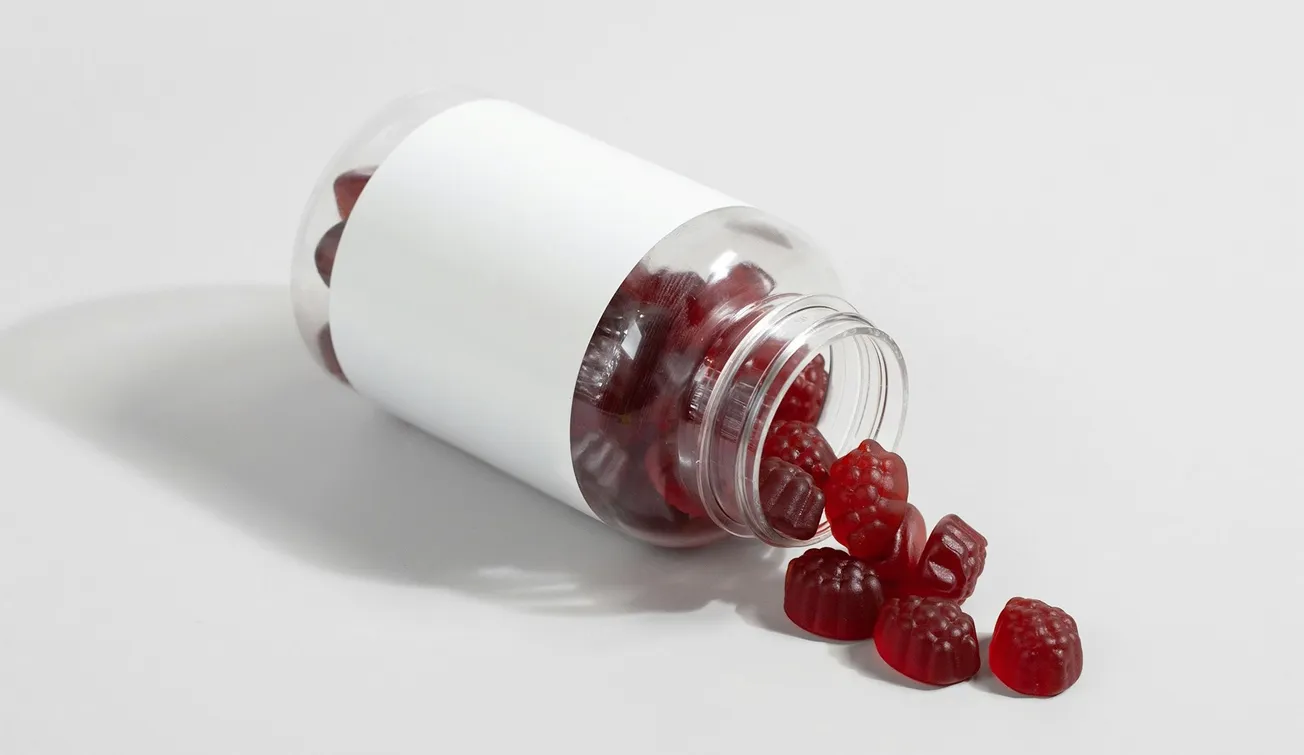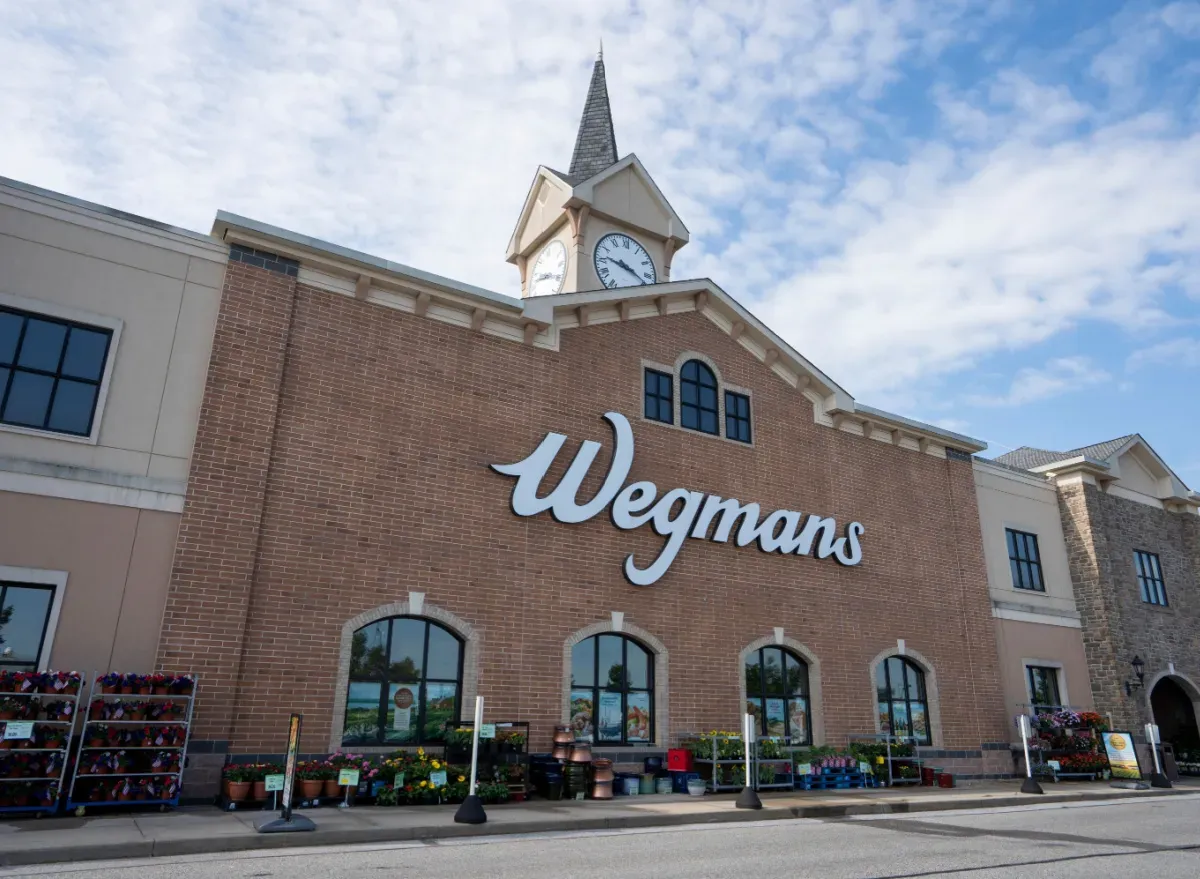NEW YORK — Delhaize Group of Belgium and Netherlands-based Ahold NV acknowledged that they are in talks about a merger that would unite Delhaize’s Food Lion and Hannaford grocery store chains with Ahold’s Stop & Shop, Giant Food, Giant and Martin’s Food Market chains in the United States, creating the nation’s fourth-largest food retailer by market share.
Delhaize Group of Belgium and Netherlands-based Ahold NV acknowledged that they are in talks about a merger that would unite Delhaize’s Food Lion and Hannaford grocery store chains with Ahold’s Stop & Shop, Giant Food, Giant and Martin’s Food Market chains in the United States, creating the nation’s fourth-largest food retailer by market share.
Ahold and Delhaize issued statements May 12 saying they are in discussions "to explore the opportunity of combining the two companies." The statements characterized the talks as "preliminary" and noted that they "may or may not result in a future transaction."
Each company derives more than 60% of its revenue from its U.S. operations. A merger would establish a formidable supermarket competitor along the East Coast, where each is concentrated.
Ahold USA, the U.S. arm of Ahold NV, operates 775 supermarkets in 14 states from Massachusetts to Virginia. Delhaize has 1,100 Food Lion stores in 10 states and 186 Hannaford stores in Massachusetts, Vermont, New Hampshire, Maine and New York.
Ahold had 3% of the U.S. grocery market in 2014, tied in the No. 4 spot overall with Publix Super Markets Inc., according to research company Euromonitor International. Delhaize’s share was 1.6%. Combined, the companies would have $46 billion in annual U.S. sales and a market share approaching the 5% held by Albertsons, which recently merged with Safeway.
Ahold and Delhaize reportedly began talking about the competitive advantages of a combination as early as 2006. Analysts said a merger would give the combined company added purchasing power that would help it compete on price with market leader Walmart and other rivals. Plus, an Ahold-Delhaize marriage would present executives with opportunities to control costs by combining administrative, warehouse and information technology operations.
Ahold, headquartered in Zaandam, the Netherlands, operates 3,200 stores in Europe and the United States. Banners include Albert Heijn in the Netherlands, Belgium and Germany; Etos in the Netherlands; and Albert in the Czech Republic.
Brussels-based Delhaize operates 3.400 stores in seven countries — Belgium, Greece, Luxembourg, Romania, Serbia, Indonesia and the United States. Nearly one-third of its stores are U.S.-based Food Lions.
The Food Lion chain has undergone several waves of change in recent years, including three shifts in the top executive position since 2012, the latest of which installed Meg Ham as president last November.
Ham is helping oversee a makeover designed to get Food Lion customers to spend more in the company’s stores. Food Lion lags its peers in share of wallet, at 19% compared to 23%, with many customers using the chain as a convenient fill-in outlet. Management is betting that the best way to get customers to buy more is to give them a better shopping experience.
Food Lion is updating its stores, at a cost of about $1.5 million per outlet, and training the company’s 63,000 employees in a more customer-centric way of doing business. Other changes include the addition of 3,000 new items; ubiquitous yellow signs identifying deals; a walk-in garden cooler for fresh produce at selected stores; daily dinner deals between 4 p.m. and 7 p.m. promising hot meals for a family of four for $10; and faster checkouts, with headset-wearing employees dedicated to steering a shopper to a cashier in 45 seconds or less. The expanded positioning is expressed in Food Lion’s new tagline: "Easy, fresh & affordable. You can count on Food Lion … every day!"
Ahold USA is in a similar situation. It, too, has been scrambling to stimulate sales and initiated a multipronged campaign to make its stores more attractive to shoppers. It’s an effort that chief operating officer James McCann expects will transform the company from a good, solid retailer into one widely regarded as among the nation’s best. McCann in February told analysts he expects Ahold’s stores to be "truly famous in the U.S. market for our produce."
Ahold is investing up to $200,000 per store to upgrade the produce departments of about 600 outlets by year’s end. The retailer expects a sales boost of between 3% and 5% once all 775 of its supermarkets have produce departments featuring new lighting, signage and fixtures, and department workers trained in the company’s "Would I Buy It?" program.





